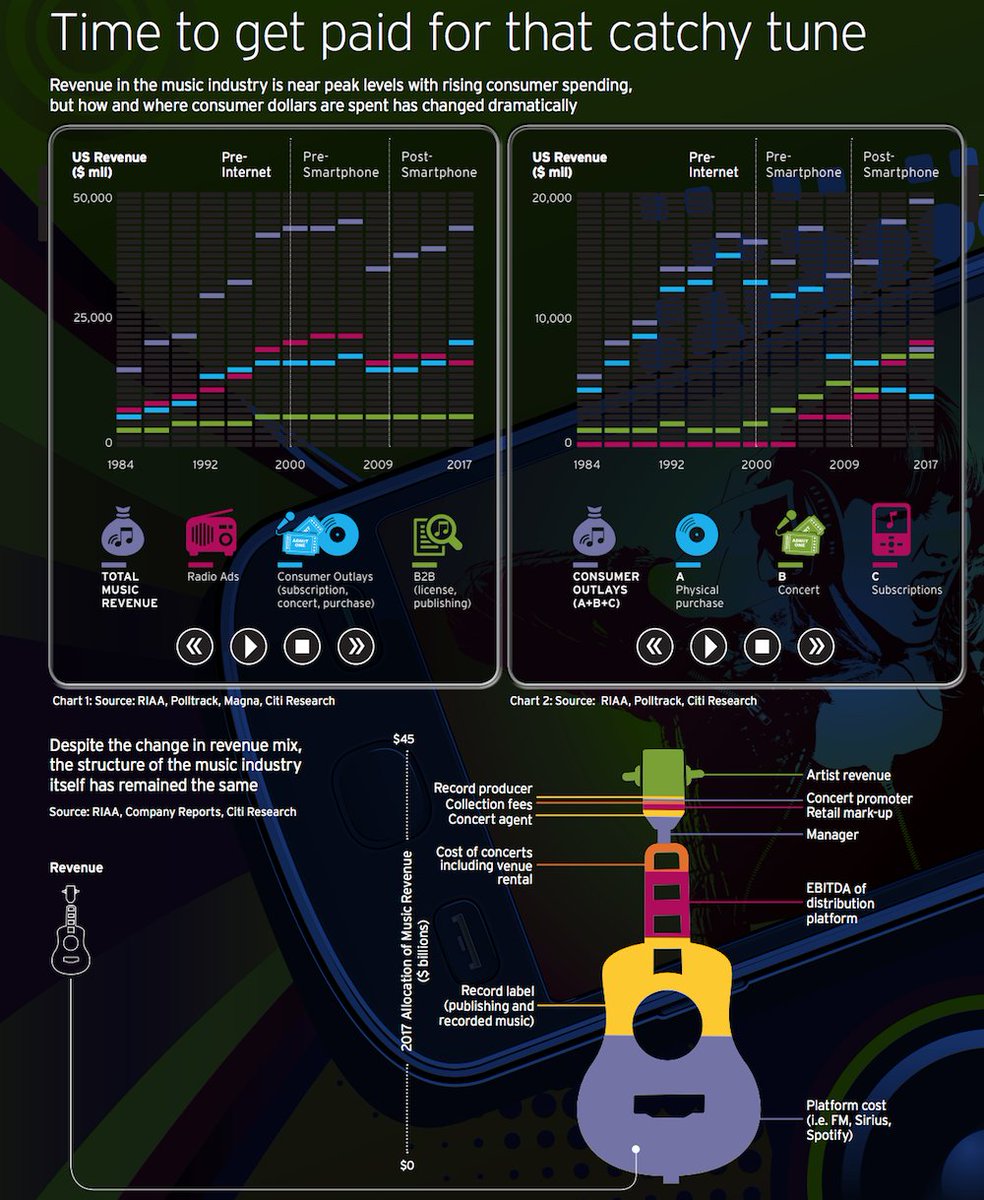
You never realize how many people you hate until you try to name a child.
A lot of teachers are telling me it's even harder to name a child when you've taught school. Why?
Holy shit this is so accurate.
https://twitter.com/kricket0111/status/1206604555191848960
• • •
Missing some Tweet in this thread? You can try to
force a refresh






